
Can I Apply Moisturizer at Night? Benefits and More
Keeping the skin healthy and glowing is a huge part of skincare. Although many focus on daytime skincare, we often take nighttime care for granted. Among the many skincare questions, one of the most common is, "Can I apply moisturizer at night?" The short answer is yes. Nighttime is the period for skin repair and renewal, and it is the best time to feed the skin with the required hydration level. Learn more about applying moisturiser at night from this blog.
Can I apply moisturiser at night?
So, is it okay to apply moisturizer at night? Yes, you can-and should-use moisturiser at night. Your skin naturally renews while you sleep, removing dead skin and replacing it with new skin. A good night-time moisturiser aids this process by providing hydration and retaining essential nutrients.
Due to transepidermal water loss, the skin also loses more moisture at night. This often leads to dry, irritated, and itchy skin at night. A moisturiser helps replenish the moisture that was lost and makes your skin feel soft and supple by the morning.
Benefits of applying moisturiser at night
What are the benefits of applying moisturizer at night? Let's explore its advantages in detail.
Enhances skin hydration overnight
Should I use moisturizer at night? Your skin loses moisture much faster at night than during the day. This is because sebum production, the natural oil that protects the skin from dehydration, diminishes. Applying a hydrating moisturiser at night reverses this moisture loss, leaving the skin plump and refreshed.
Supports skin barrier repair
Dust, pollution, UV rays, and harsh weather conditions can damage the skin throughout the day. This can compromise the skin barrier, which in turn results in increased sensitivity and dryness.
Night-time moisturisers are usually loaded with ingredients such as ceramides, which are supposed to rebuild your skin barrier and stop moisture from escaping. This fortifies the skin with moisture overnight to make it more resistant to external aggressors.
Prevents dryness and irritation
Moisturising at night is crucial for those with dry or sensitive skin, as neglecting it can worsen flaking, tightness, and redness. A good product will soothe and calm troubled skin and keep inflammation to a minimum. Choose moisturisers like the acne moisturiser, which soothes and hydrates the skin simultaneously.
Helps anti-ageing by boosting collagen production
Preventing premature ageing largely depends on nighttime skincare. As we age, our body loses collagen, resulting in fine lines and wrinkles. By regularly using an anti-ageing night-time moisturiser, the texture of the skin can be improved over time and made to look more firm and youthful.
Is it okay to apply moisturiser at night?
Can we apply moisturizer on face at night? No matter whether you have oily, dry, or combination skin, applying a moisturiser at night helps to keep your skin balanced and healthy. Dry skin requires richer, more hydrating formulas, while oily and combination skin types can be treated with lightweight, oil-free moisturisers.
Choosing the right moisturiser based on skin needs
Choosing a moisturiser that addresses your targeted skin concerns is essential. Knowing your skin needs ensures maximum benefits from your nighttime skincare routine.
Should oily skin apply moisturiser at night?
Can we apply moisturizer at night for oily skin? A huge misconception is that people with oily skin should not apply any kind of moisturising at night. But this is far from the truth.
Importance of hydration for oily skin
Dehydrated skin produces more oil, which results in greasiness and breakouts. At night, using a lightweight, hydrating moisturiser like the gel moisturiser helps regulate oil production, which keeps the skin balanced and healthy.
Best lightweight, non-comedogenic moisturisers for oily skin
For oily skin, gel-based or water-based moisturisers that hydrate but don't give a greasy feel are ideal. Look for ingredients, including hyaluronic acid, niacinamide, and salicylic acid, which provide moisture while balancing excess oil and preventing breakouts.
Best nighttime moisturising tips
To get the most out of your night-time moisturiser, it's important to apply it correctly and choose ingredients that enhance its effectiveness.
How to properly apply moisturiser at night
Start by cleansing your face thoroughly to remove dirt, oil, and makeup. Follow up with a toner or serum if you use one, and then apply a pea-sized amount of moisturiser to your face and neck. Gently massage it in using upward motions to promote absorption.
Many wonder, "Can we apply sunscreen at night?" While it's not needed, hydration is compulsory.
Choosing ingredients like hyaluronic acid, ceramides, or peptides for extra benefits
The right ingredients can significantly affect how well your skin absorbs and uses moisture. Hyaluronic acid is excellent for hydration, ceramides strengthen the skin barrier, and peptides promote collagen production. If you want to wake up with a glowing complexion, selecting a moisturiser with these ingredients is a great way to enhance your skincare routine.
Conclusion
Applying moisturiser at night is one of the simplest yet most effective steps in a skincare routine. It helps replenish lost moisture, supports skin repair, and keeps your complexion looking youthful and healthy. Whether you have dry, oily, or combination skin, choosing the right night-time moisturiser can significantly improve your skin's texture and overall appearance. By incorporating night-time moisturising into your routine, you can wake up to soft, nourished, and radiant skin every morning.
FAQs
Should I use the same moisturiser for day and night?
It's best to use a separate night moisturiser, as daytime formulas often contain SPF and are lighter in texture. Night creams are usually richer and contain ingredients that work best during the skin's repair cycle.
Can I apply a thick moisturiser before bed?
Yes, but it depends on your skin type. If you have dry skin, a thicker cream can be beneficial. However, those with oily or acne-prone skin should opt for lightweight, non-greasy formulas.
Does moisturising at night help with acne?
Yes, especially if you choose a non-comedogenic formula with acne-fighting ingredients like niacinamide or salicylic acid. Keeping the skin hydrated can prevent excessive oil production, which often contributes to breakouts.
Can we apply moisturiser at night for oily skin?
Absolutely. Oily skin still needs hydration, and skipping moisturiser can lead to even more oil production. Choose a lightweight, oil-free moisturiser to maintain balance.
What ingredients should I look for in a nighttime moisturiser?
Look for hydrating and repairing ingredients like hyaluronic acid, ceramides, peptides, and antioxidants. Avoid heavy oils or pore-clogging ingredients if you have oily or acne-prone skin.









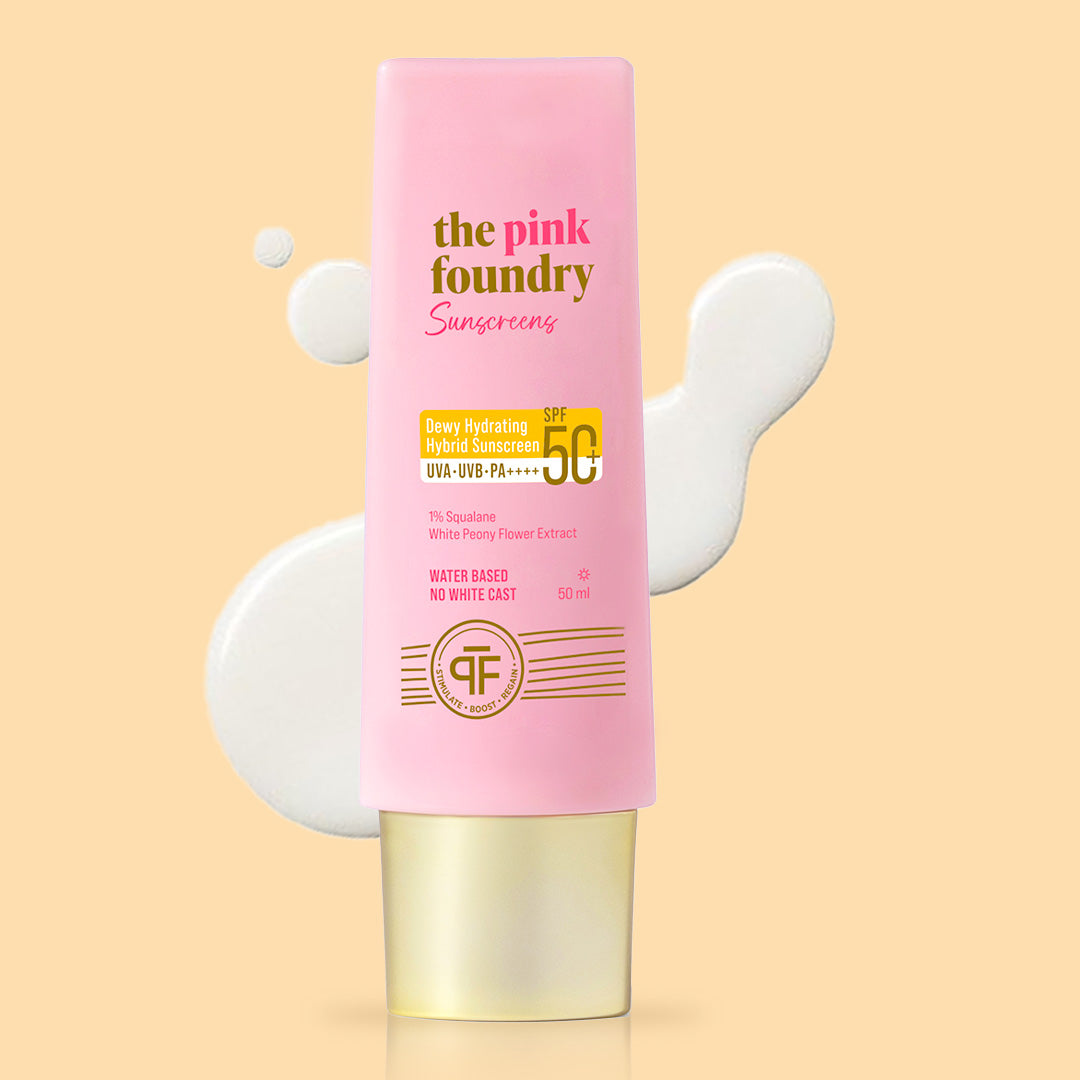
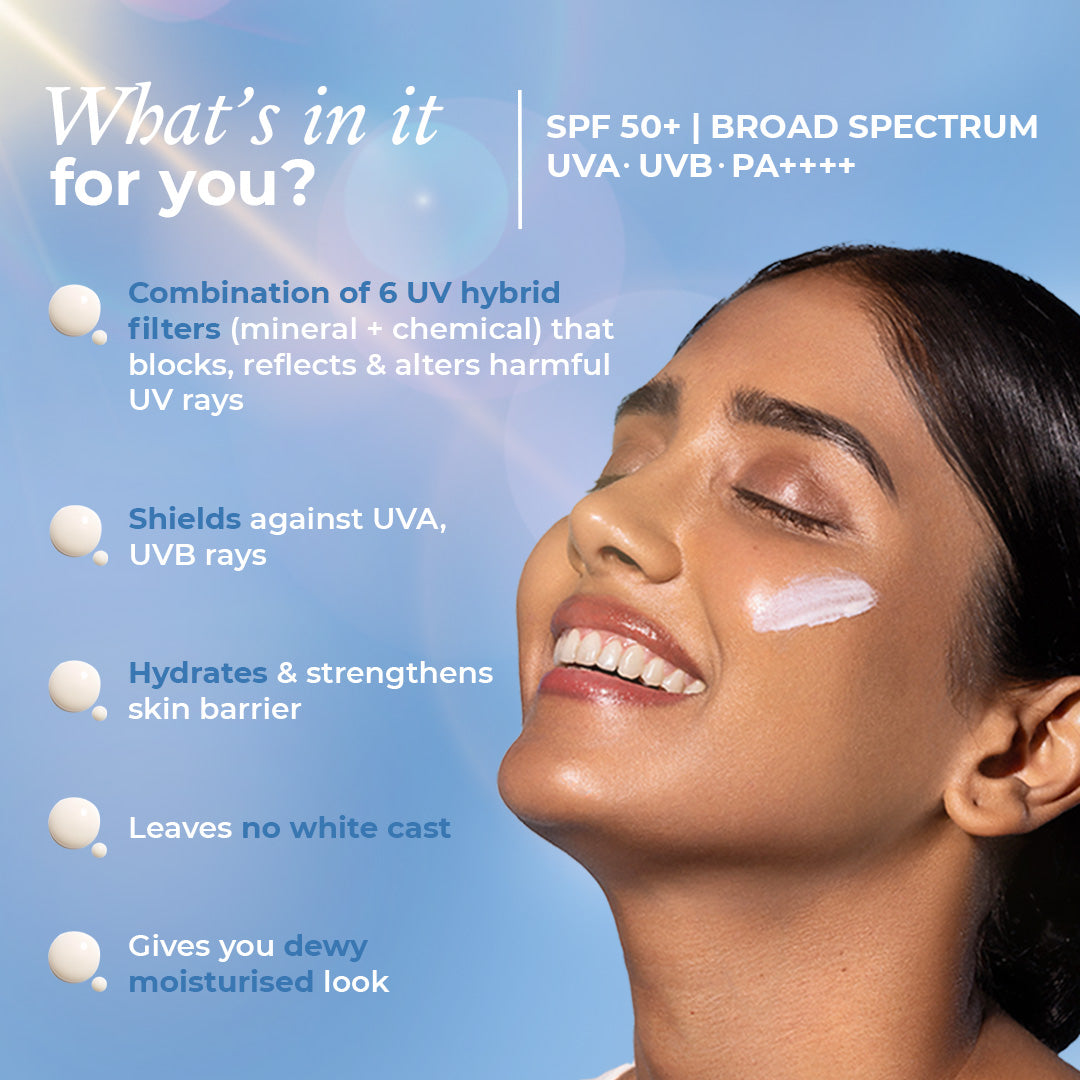


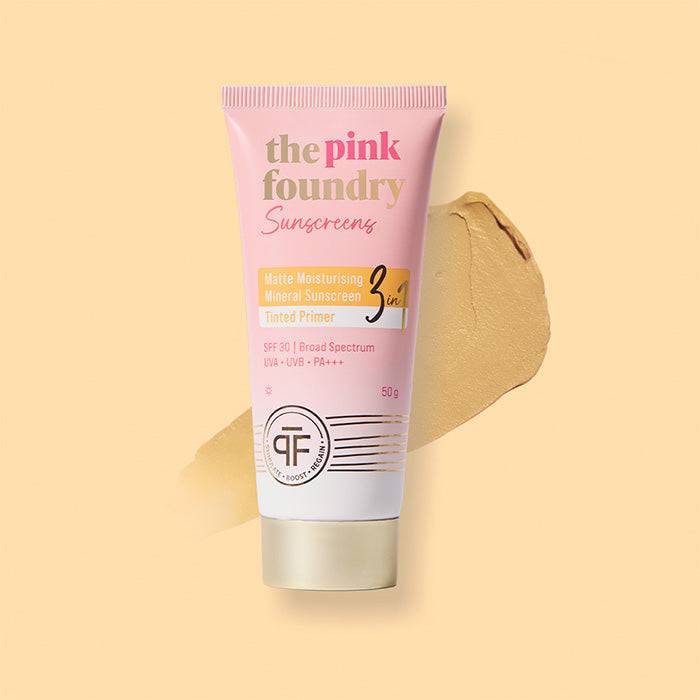
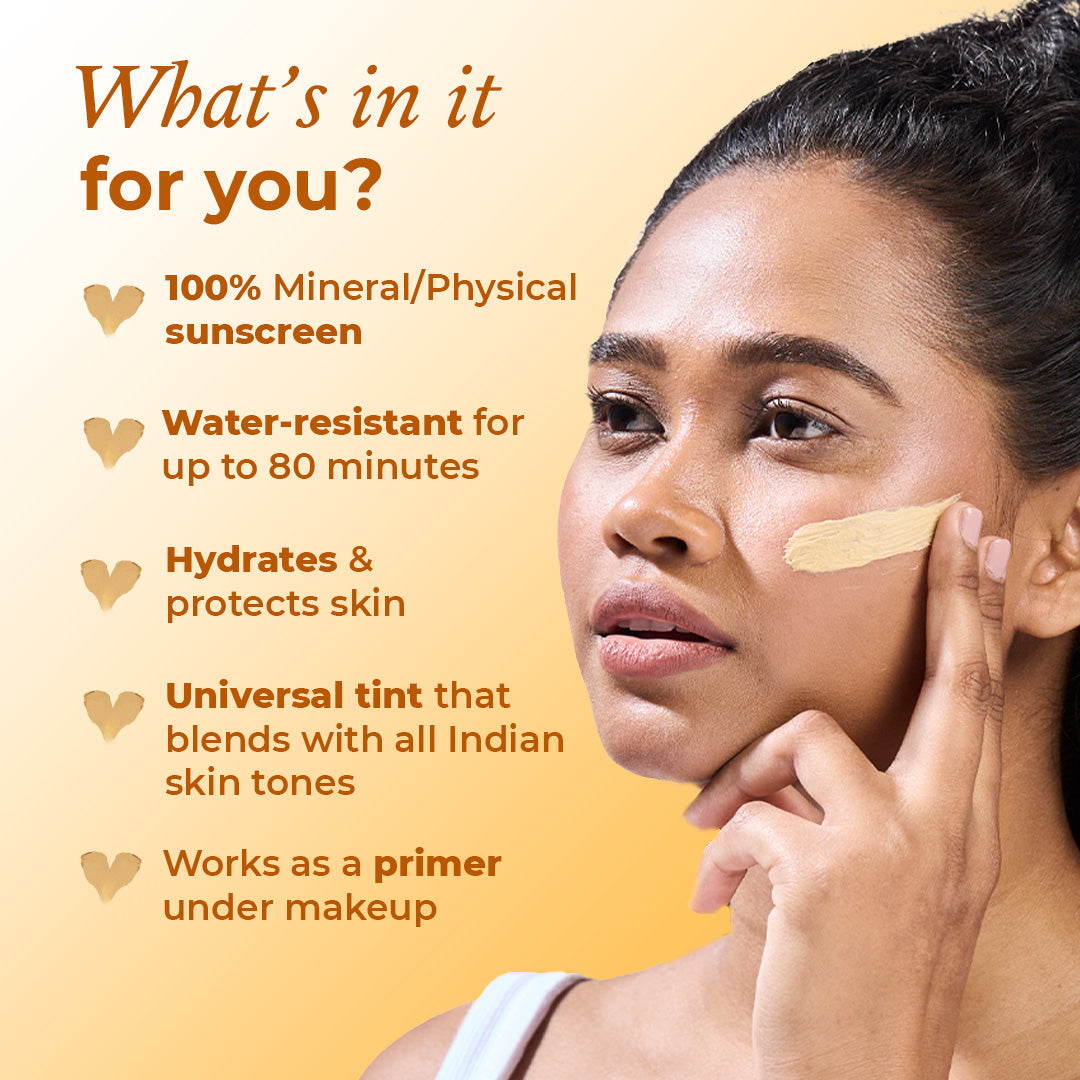



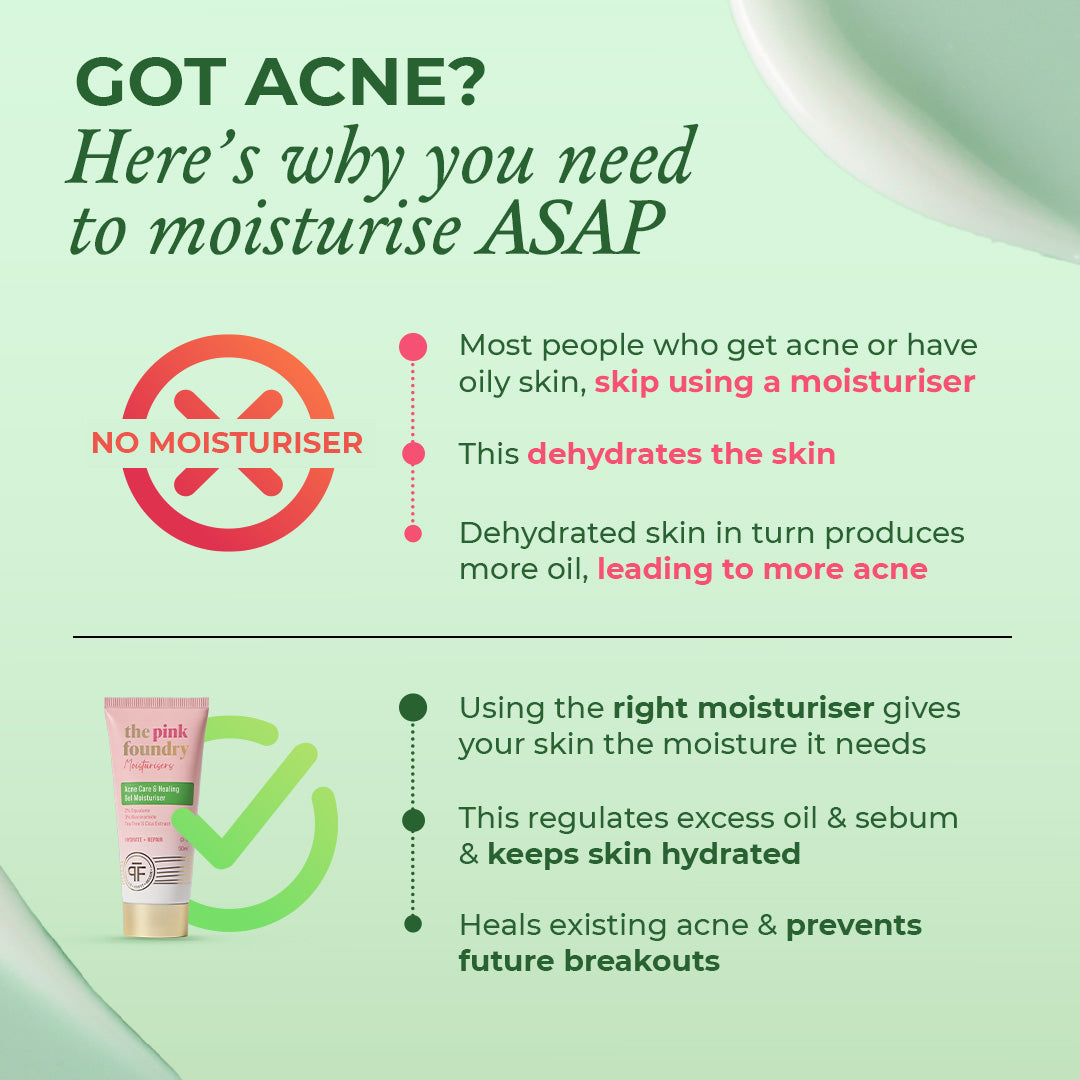
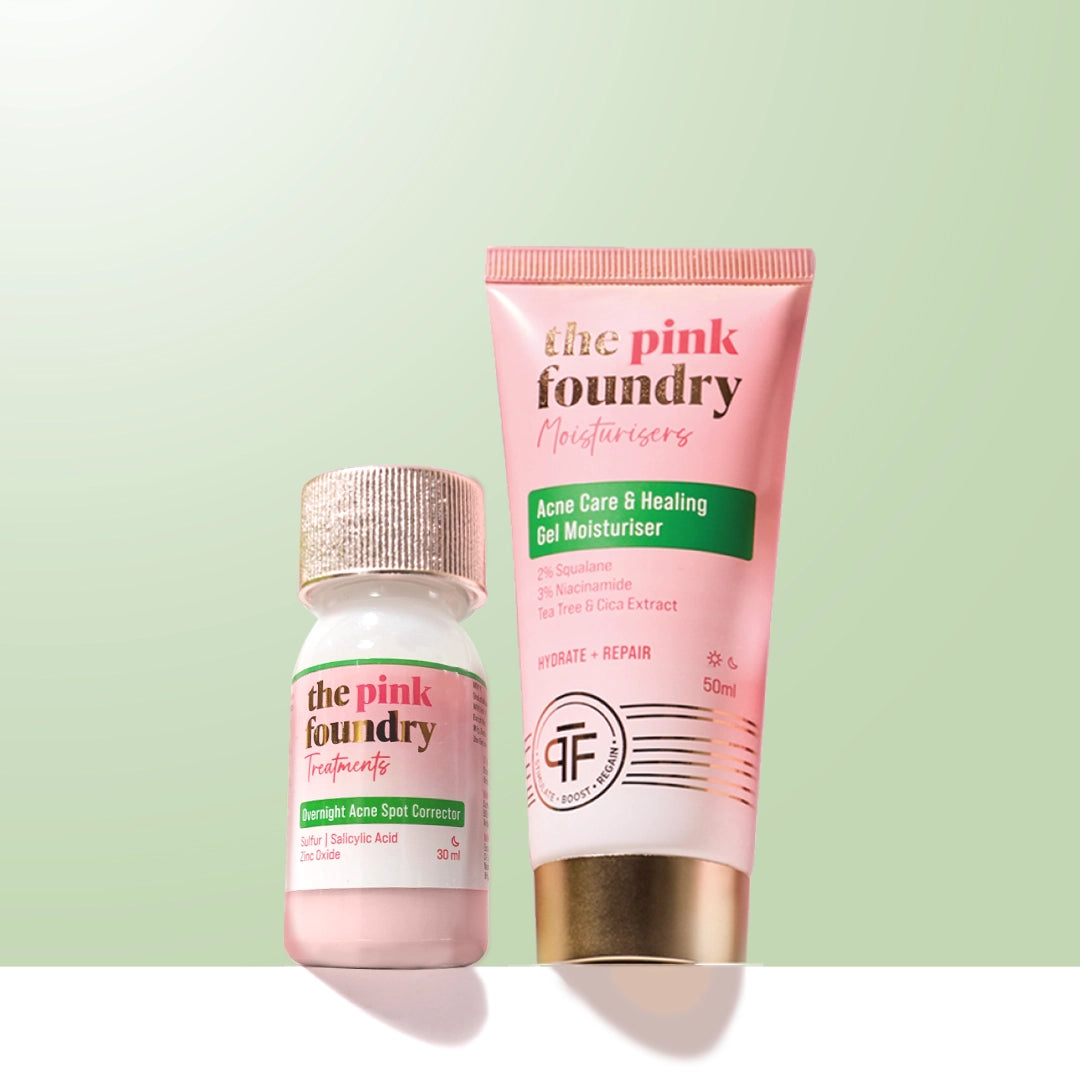
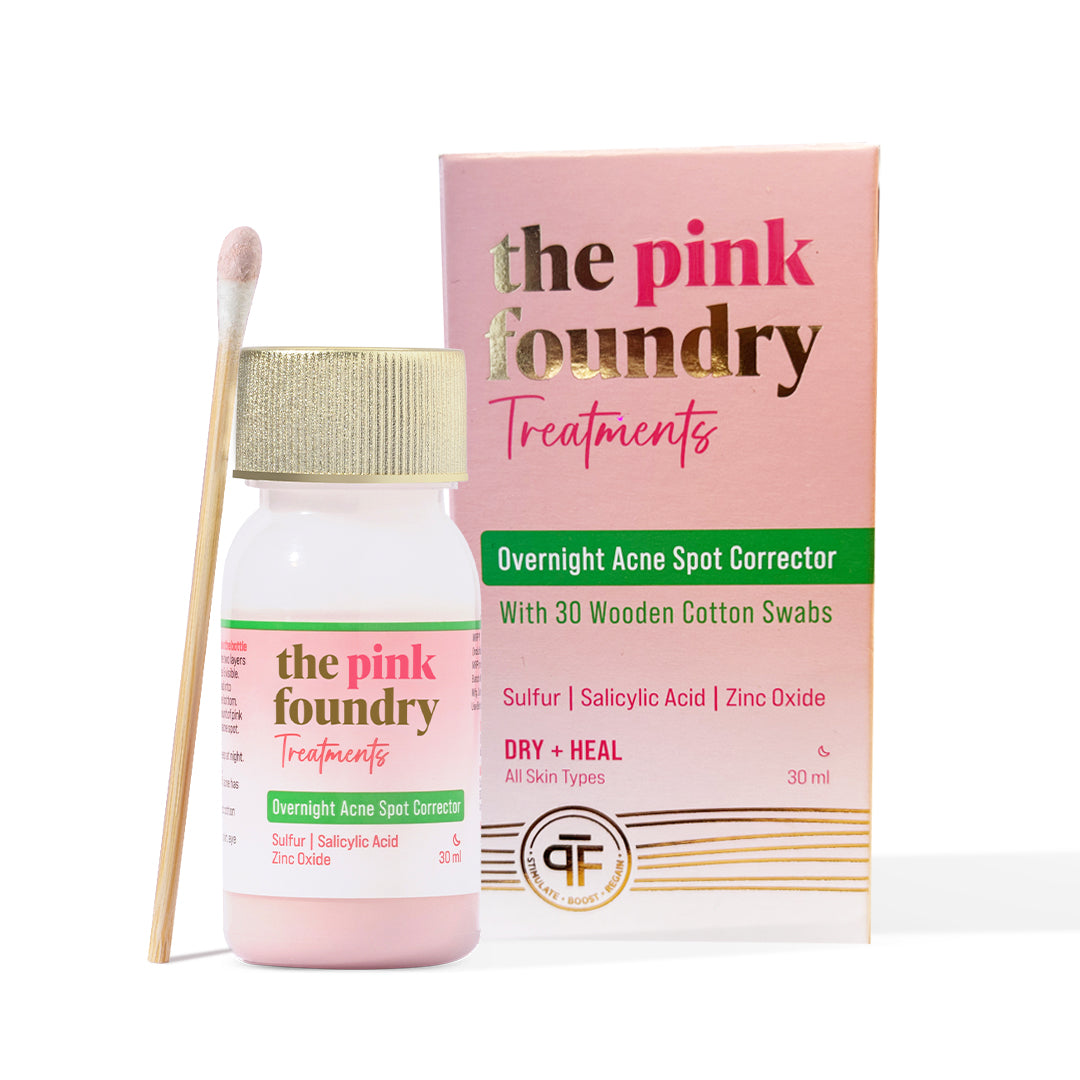
Leave a comment
This site is protected by hCaptcha and the hCaptcha Privacy Policy and Terms of Service apply.